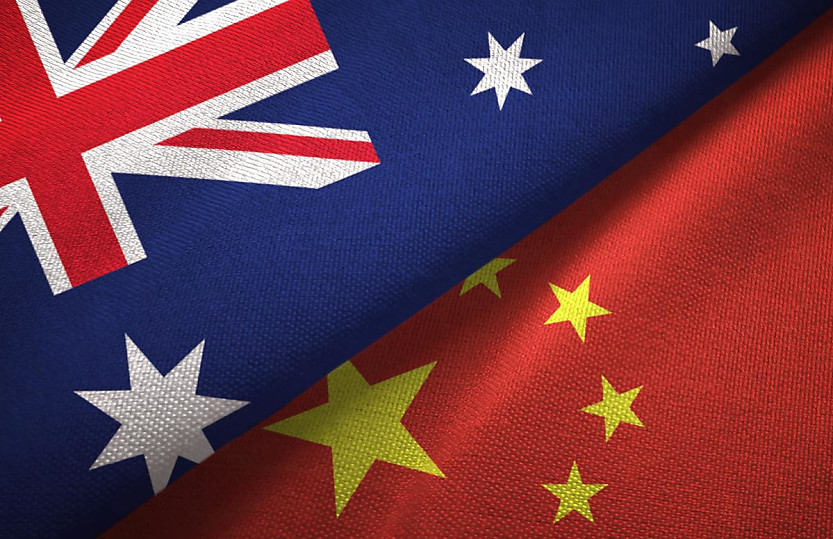China’s faith in Australian M&As yet to recover, investment plummets

Australia’s foreign investment laws continue to disincentivise Chinese investment, which last year fell by 36 per cent, continuing a historic decline.
Chinese investor confidence in Australian acquisition targets remains “low” despite thawing diplomatic tensions, a report has found.
Following years of icy relations, many expected China’s interest in Australian acquisition targets to increase under the Labor government.
Within a month of a meeting between Australian Prime Minister Anthony Albanese and Chinese President Xi Jinping at the Indonesian G20 Summit in 2022, a major Chinese lithium company announced it was considering investments in Australia’s battery minerals sector.
Many thought this marked a profitable shift away from the finger-pointing over the origins of the COVID-19 pandemic and China’s growing influence in the South Pacific.
Foreign Investment Review Board chair Bruce Miller, for instance, in late 2022, said he expected a revival in Chinese investment following years of low activity.
Baker McKenzie partner Lawrence Mendes told Reuters that “green shoots” of heightened Chinese M&A interest were showing.
A recent report from KPMG and the University of Sydney said Chinese investor confidence towards Australia’s M&A offerings “remained low.”
Indeed, overall Chinese investment in Australia has plunged to near-record lows. In 2023, China invested less in Australia than it had since 2006, excluding 2021.
Globally, China has increased its overseas direct investment (ODI) but has pulled back on the amount it sends to Australia.
Where interest persists, it tends to be in Australia’s greenfield investments which do not imply the same “complexities and entrenched challenges associated with merging or acquiring existing businesses in Australia.”
M&A activity between China and Australia has dwindled over the past decade. In 2020, Australia tightened its foreign investment laws, requiring greater scrutiny of transactions with potential national security implications.
The reform also strengthened the government’s power to vary deal terms or to force the sale of troubling investments.
In 2022, for the first time in years, not a single Chinese bidder acquired an Australian public company. Gilbert and Tobin put this down to a stricter regulatory environment and growing political tensions between the two countries.
For several reasons, the value of mergers and acquisition transactions in Australia fell to pre-pandemic levels after record years in 2021–2022. In 2023, the overall value of M&A deals was $68.2 billion, compared to $188.8 billion only a year prior.
The report claimed the overall reduction in Chinese ODI in Australia also reflected new opportunities in alternative markets, particularly in mining and processing across Southeast Asia.
According to the report, Chinese investment in Australia can be broken down into three periods since 2006. The first, leading to 2012, saw Australia become the leading recipient of Chinese ODI internationally.
In that boom period, Chinese investors cashed in on Australia’s resource explosion, which peaked in 2008 with a total Chinese investment of US$16,200 million.
The three-year period from 2013 to 2016 was a period of “diversification”, during which Chinese investors prioritised a broader range of longer-term investments across infrastructure, food, real estate, renewables, and healthcare. Per annum, this period saw a higher level of Chinese ODI.
Since 2017, Chinese ODI has been in near “continuous decline.” In the five years from 2017 to 2013, 271 transactions were completed – this is only three more than the 268 recorded across the three years prior.
Investment since 2019 has been particularly deflated and investment has been more concentrated than in years prior.
That said, the report claimed Australia can leverage its relationships with Chinese investors in industries with “a long history of cooperation and mutual trust between corporate partners.”
Among these industries are resources, food and agribusiness, health, and renewables, it said.
“These sectors represent strategic opportunities for Australia, benefitting from established partnerships, conducive regulatory environment, and collaborative innovation.”
About the author

